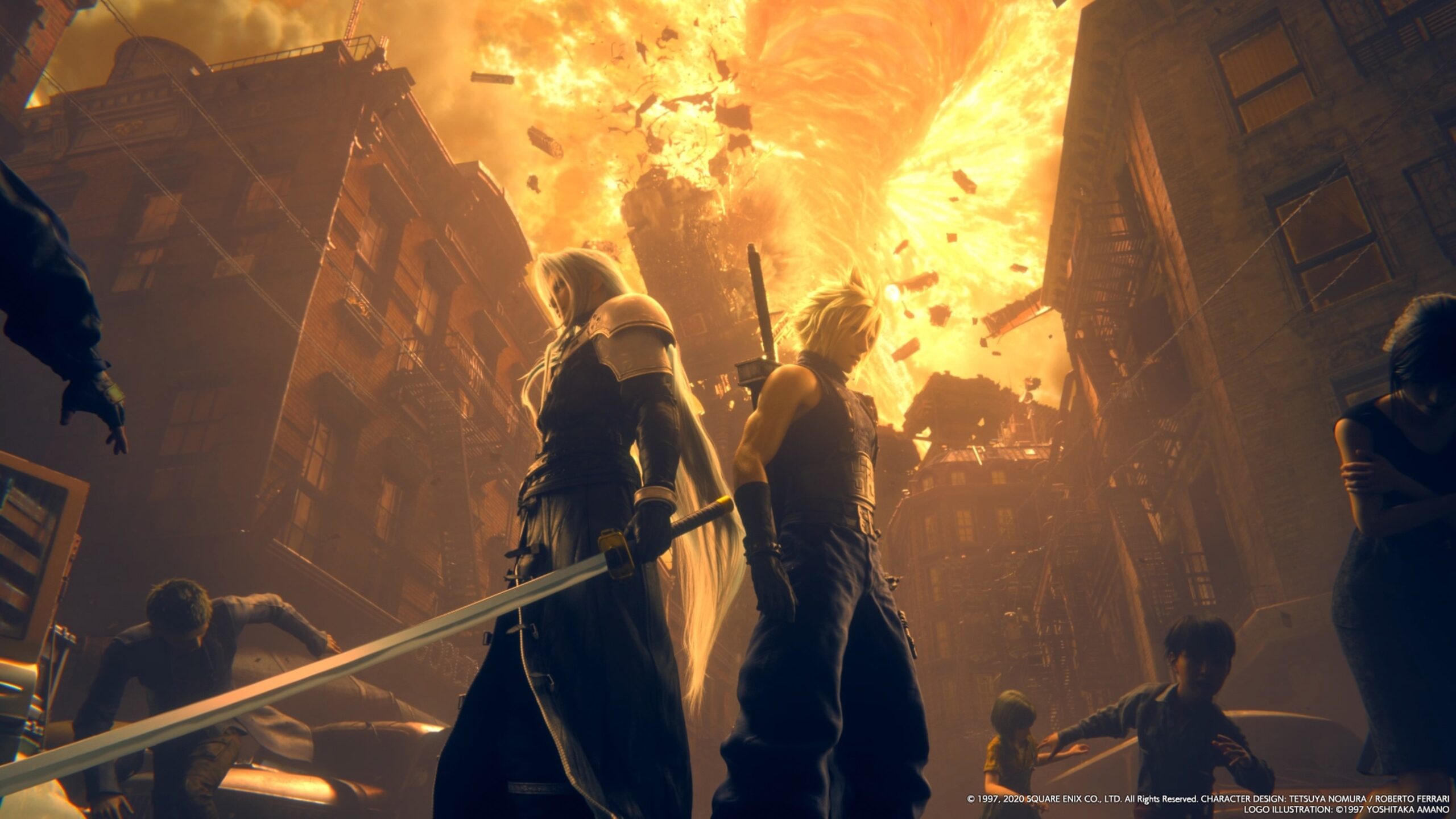
Final Fantasy 7 Remake
Square Enix
They don’t make JRPGs like they used to, but maybe that’s a good thing.
While classic JRPGs thrived during the PlayStation 1 era and saw major innovations during the PlayStation 2 era, the PlayStation 3 era marked a major fall from grace for the genre. Save for a few major titles like Dark Souls and Ni No Kuni: Wrath of the White Witch, fresh JRPG releases had grown increasingly scarce, and even the more major titles like Final Fantasy XIII were plagued by mixed reviews.
But with the PlayStation 4, JRPGs have seen a return to prominence. Sure, there may not be as many individual releases of bizarre, unheard of IPs like there were during the PS1 era, but PS4 era JRPGs have more than made up for quantity with quality. These are the best-of-the-best:
Honorable Mention: Final Fantasy XV, Kingdom Hearts III, and Ni No Kuni 2: Revenant Kingdom
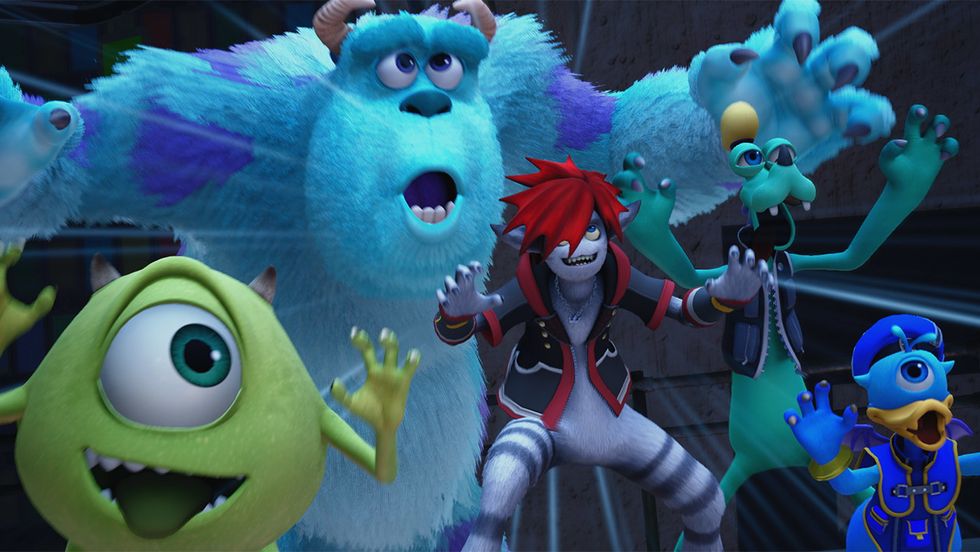
Kingdom Hearts 3
Square Enix/ Disney
Final Fantasy XV, Kingdom Hearts III, and Ni No Kuni 2 were all hotly anticipated sequels in beloved franchises that released to mixed reviews. The interesting thing to note here, though, is that while a lot of the criticisms levied against the games are valid, they’re also all still very good.
In fact, I would go so far as to say that JRPG fans, or fans of the larger franchises, would be doing themselves a major disservice to miss out on these titles. All three are absolutely worth playing, and even if they don’t quite live up to their predecessors, you’ll still have a lot of fun with their stories.
Final Fantasy VII: Remake
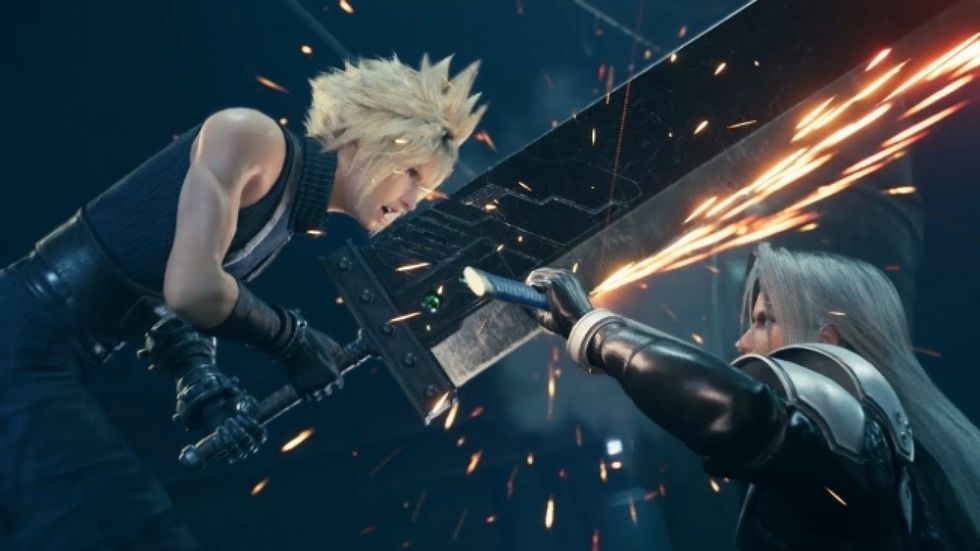
Final Fantasy VII Remake
Square Enix
Speaking of games with lofty predecessors to live up to, Final Fantasy VII: Remake had the biggest shoes to fill of any remake of anything ever. The original FFVII is probably the most adored JRPG of all time, and fans had been demanding an updated version for well over a decade. Amazingly, Square Enix delivered.
Final Fantasy VII: Remake is a masterpiece, blending modern action RPG combat with fast-paced menu navigation elements inspired by the original, making for one of the most well-executed battle systems in any JRPG. The game caught some pre-release flack for only covering the first third of of the original story, but don’t let that get in your way. FFVII: Remake has some major tricks up its sleeve, and by the end of the game you’ll understand exactly why they decided to split the story up. It really is for the best.
Persona 5 Royal
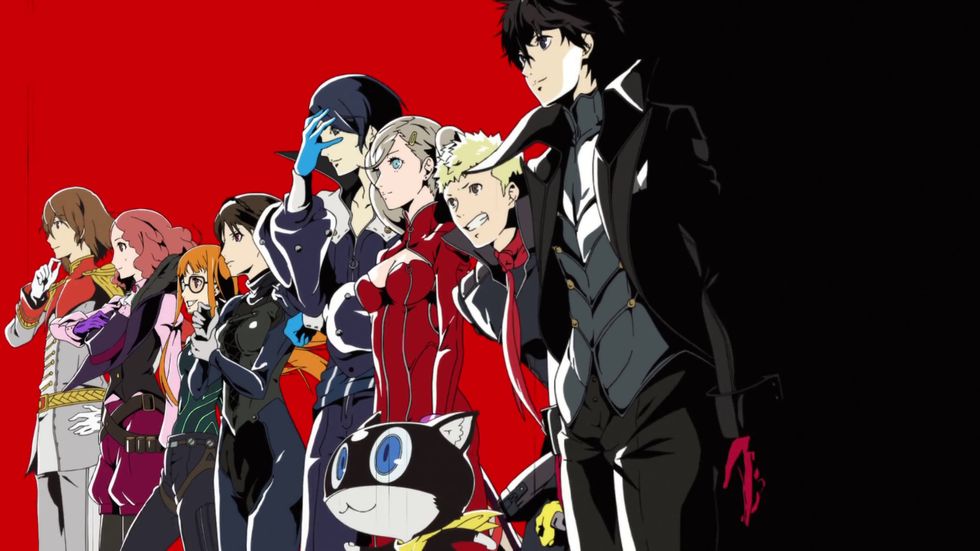
Persona 5 Royal
Atlus
Persona 5 released simultaneously for PS3 and PS4 in 2016, but considering this was three years into the PS4’s lifecycle, Persona 5 is firmly grounded in the PS4 era.
The Shin Megami Tensei franchise has always been on the cutting edge of the JRPG scene, but Persona 5 hit even harder than any of the titles that came before it. Lauded by many upon release as the greatest JRPG ever made, Persona 5 perfects the series’ blend of pop art aesthetics, turn-based battles, dungeon crawling, and social simulation that drastically affects the storyline. Persona 5 Royal, released in March 2020, is essentially the definitive, updated version, adding two new characters and a big chunk of story. It’s a must-play, regardless of whether or not you played the original when it first came out.
Dragon Quest XI
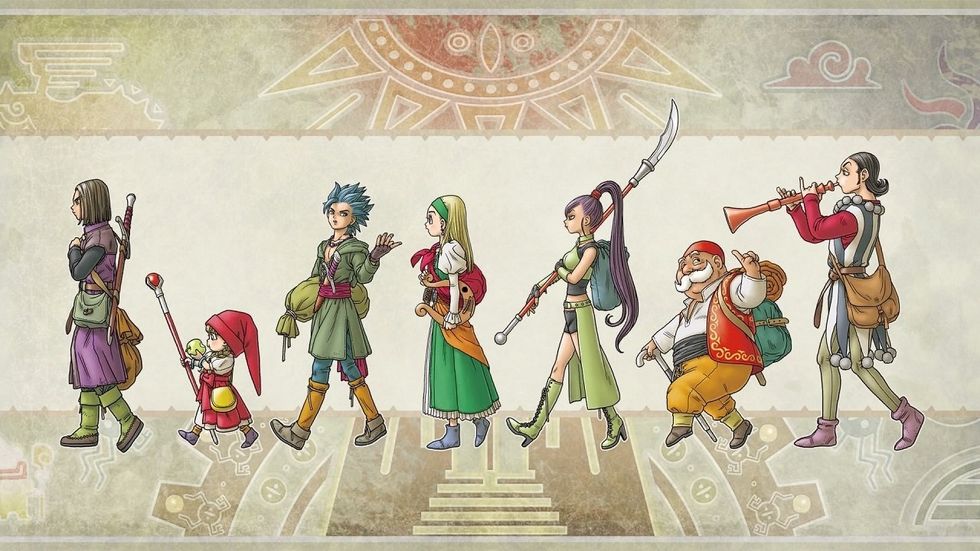
Dragon Quest 11
Square Enix
While most major JRPG franchises have continually innovated to stay at the forefront of the gaming industry, Dragon Quest takes the opposite approach. For the most part, Dragon Quest games never change. They’re always straightforward, classic, turn-based JRPGs, and the character designs are always illustrated by Dragon Ball creator Akira Toriyama.
That choice to stay consistent also happens to be Dragon Quest‘s greatest strength, as it’s managed to perfect the classic formula better than any other franchise. Dragon Quest XI is a polished gem of a game, sure to be straightforward and familiar for anyone who grew up on old-school JRPGS, while simultaneously shining in every area possible. In the purest terms, there’s never been a better classic-style JRPG than Dragon Quest XI.
Tales of Berseria
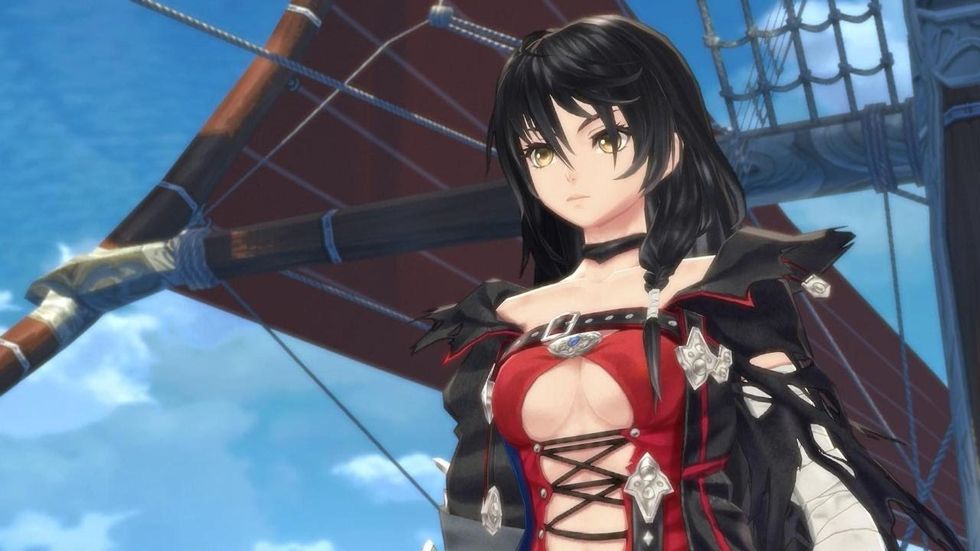
Tales of Berseria
Bandai Namco
The Tales games have always occupied a weird space in the JRPG scene, remaining a unique mainstay due to their brawler-esque battle systems but never achieving the same levels of success as Final Fantasy, Dragon Quest, or Persona titles.
But while Tales of Berseria might fall slightly behind its current-gen competitors from the aforementioned franchises, it’s still undoubtedly one of the best JRPG titles around. Berseria especially shines in the character department, following an especially dark protagonist named Velvet Crowe who’s driven by the desire to get revenge for the death of her brother. She’s a great diversion from a lot of the cheerier, friendship and duty-driven JRPG protagonists in past games.
Want to READ MORE?
The 9 Best JRPGs of the PS3 Era
The 9 Best JRPGs of the PS2 Era
The 9 Best JRPGs of the PS1 Era
Nier: Automata
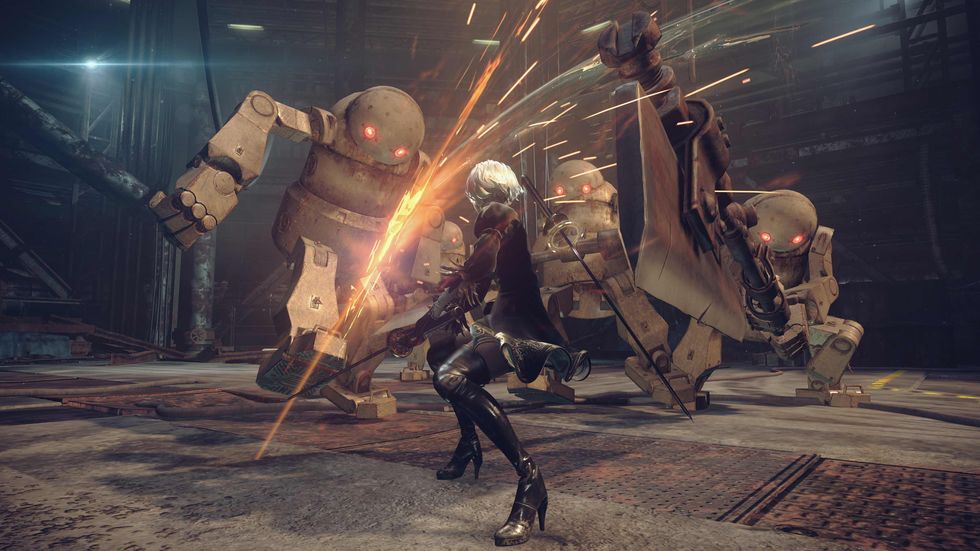
Nier Automata
Square Enix
Easily the biggest surprise hit out of the PS4 JRPG scene, Nier: Automata far vastly outperformed the original and largely niche Nier, becoming one of the most highest-regarded video games of 2017. Like Nier, Nier: Automata plays around with genre, mixing in all sorts of gameplay elements ranging from shooter to text-based adventure, alongside its main serving of action RPG hack-and-slash combat. The game also features a wonderful post-apocalyptic setting that feels incredibly distinct even amongst all the other post-apocalyptic content on the market.
Also, unlike Nier, you mostly play as a sexy android named 2B instead of a buff middle-aged man. So yeah, check it out.
Bloodborne
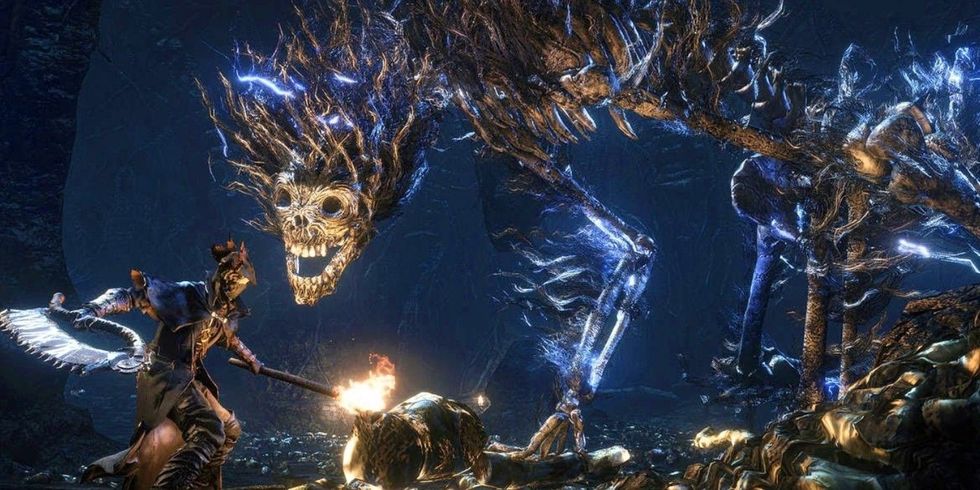
Bloodborne
FromSoftware
The spiritual successor to FromSoftware’s Dark Souls franchise, Bloodborne keeps the intense difficulty and RPG elements of its predecessors while trading the hellish medieval setting for a gothic Lovecraftian one. The gameplay itself is a lot faster-paced than Dark Souls, which manages to keep things fresh even if you’re a Souls-like veteran.
Most importantly, though, the game features the same minimalist storytelling that FromSoftware has become known for, which makes exploration in the game almost more rewarding than finally gitting gud.
Monster Hunter: World
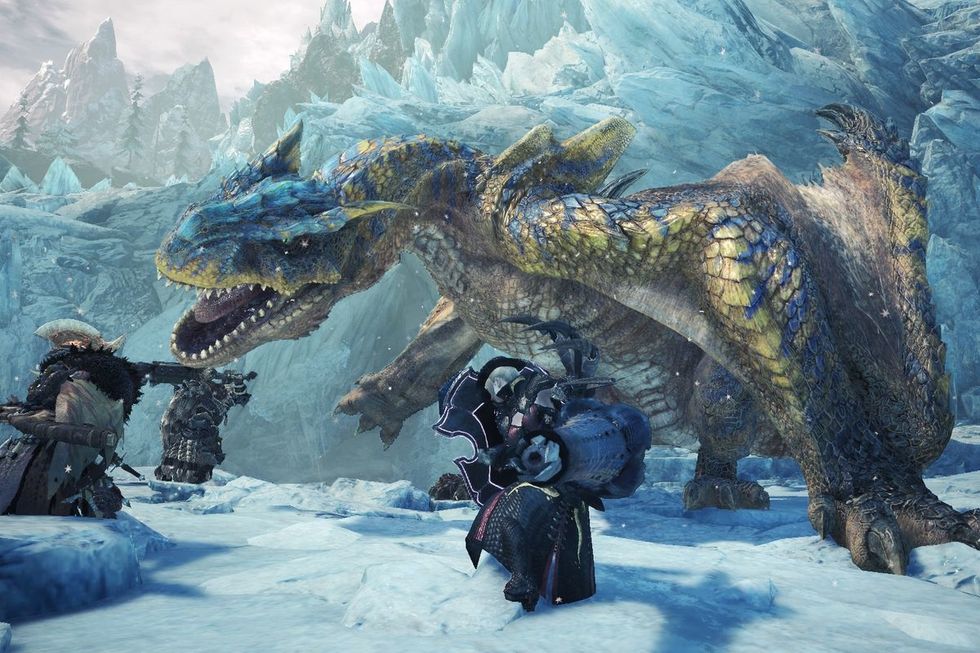
Monster Hunter World
Capcom
Monster Hunter has been a huge franchise on handheld consoles for a while, but there’s something special about seeing its world play out with the technical power of a PS4.
Like every other game in the series, Monster Hunter: World revolves around your character—a monster hunter—doing what they do best: hunting monsters. The simplified version of the gameplay loop is to kill monsters, collect materials, craft stronger armor and weapons, kill more monsters. The more complex version is all about understanding how specific weapons work against specific monsters and learning to master an incredibly deep action RPG combat system that requires you to learn new techniques against every monster species you encounter.
Dragon Ball Z: Kakarot
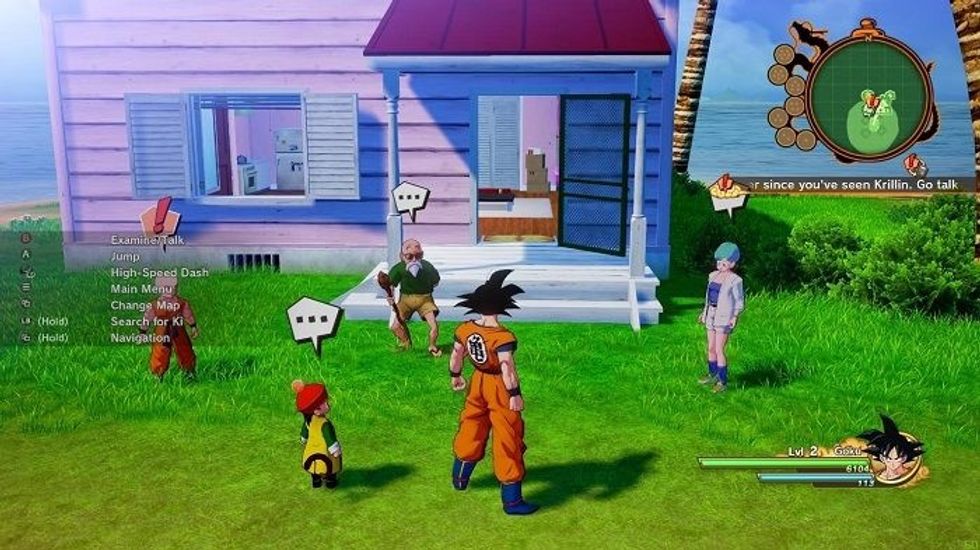
Dragon Ball Kakarot
Bandai Namco
Dragon Ball Z: Kakarot is a high-budget Dragon Ball action RPG that takes you from the start of Dragon Ball Z all the way to the end (and if you play the DLC, also brings you into Dragon Ball Super territory). Either you’re a weeb and you’re going to love it, or you’re not, in which case what are you doing on my JRPG list?
Final Fantasy XIV: Shadowbringers
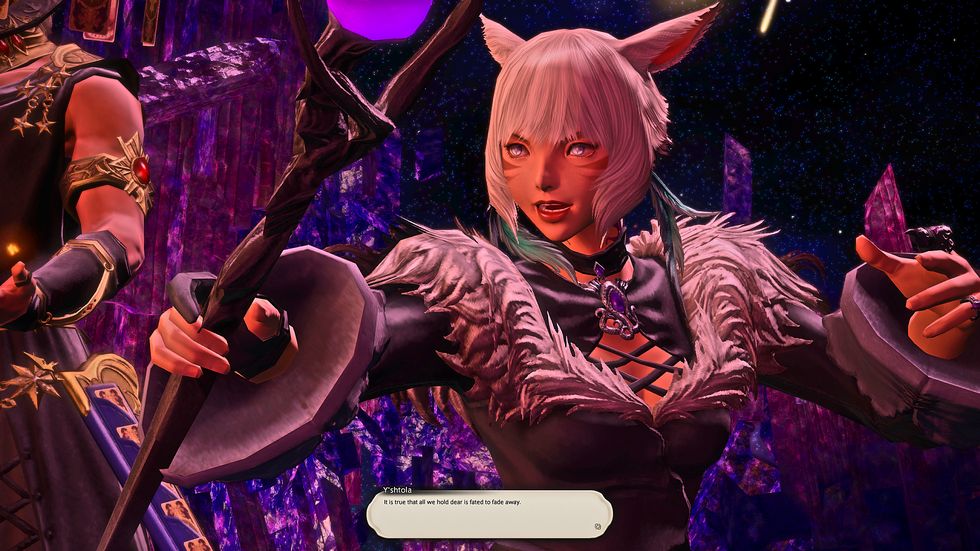
Yshtola
Square Enix
It feels weird to include an MMORPG on a list like this, but if any MMORPG deserves to be here, it’s Final Fantasy XIV. The Final Fantasy XIV storyline is genuinely fantastic, full of exciting questlines that bring you on a journey throughout a world that feels both distinct and also heavily influenced by many of the non-MMO Final Fantasy games in the franchise.
Shadowbringers is the game’s third expansion, which adds massive amounts of new story content (literally, more than an entire standard game’s worth), and proves the game’s ability to keep innovating even seven years after launch. It also adds a great gothic sorceress outfit for best girl Y’shtola, so there’s really never been a better time to get addicted.













